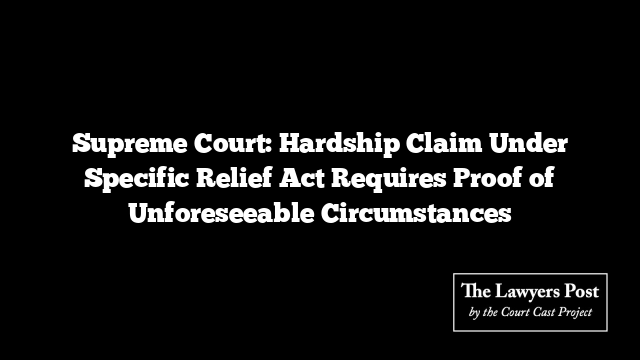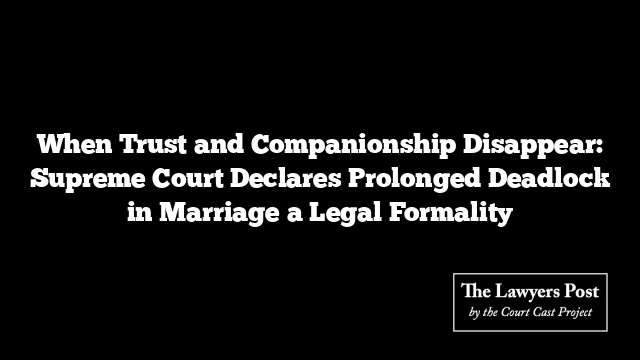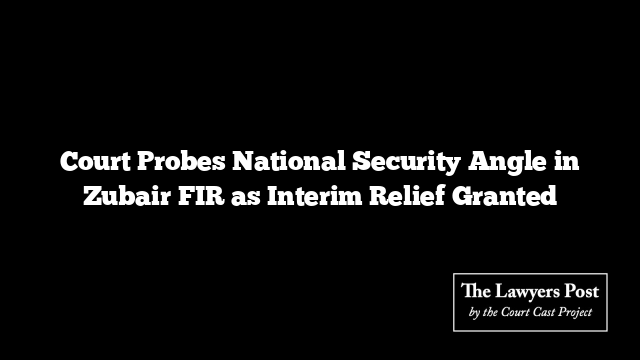In a significant ruling, the Supreme Court clarified that a claim of “hardship” under Section 20 of the Specific Relief Act, 1963, can only be upheld if it is proven that the hardship was unforeseeable at the time the contract was formed.
The judgment arose from an appeal challenging a Tripura High Court decision that overturned a trial court’s directive for the specific performance of a sale agreement. The case involved an agreement between the appellant and a seller, Late Prabha Ranjan Das, for the sale of a property valued at ₹17.5 lakhs. The appellant had paid ₹4 lakhs in advance, with the balance due upon the execution of the sale deed.
Following the seller’s death, his legal heirs—now respondents—claimed that the property was their sole residence, invoking hardship as a defense against fulfilling the contract. The trial court ruled in favor of the appellant, noting evidence that the respondents were not residing in the property during the seller’s lifetime but at another location. However, the High Court later reversed this decision, siding with the respondents.
In its decision, the Supreme Court emphasized the necessity for defendants to substantiate claims of hardship with concrete evidence. The bench observed that for Section 20’s protection to apply, the hardship must be unforeseeable and arise from circumstances existing at the time of contract formation.
The Court noted that the respondents’ argument lacked credibility as evidence indicated that they were estranged from the seller and lived elsewhere during his lifetime. The bench underscored that hardship under Section 20(2)(b) pertains to unforeseen personal circumstances that affect the defendant and are unrelated to the plaintiff’s actions.
Setting aside the High Court’s judgment, the Supreme Court reinstated the trial court’s order, directing the execution of the sale deed in favor of the appellant. The ruling reiterated the principle that discretion in granting specific performance must align with statutory parameters and the factual matrix of each case.
This judgment provides clarity on the legal thresholds for invoking hardship under the Specific Relief Act, reinforcing the importance of foreseeable obligations in contractual agreements.





